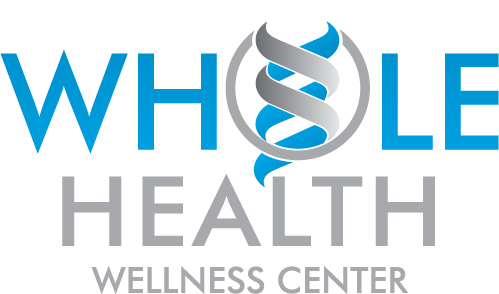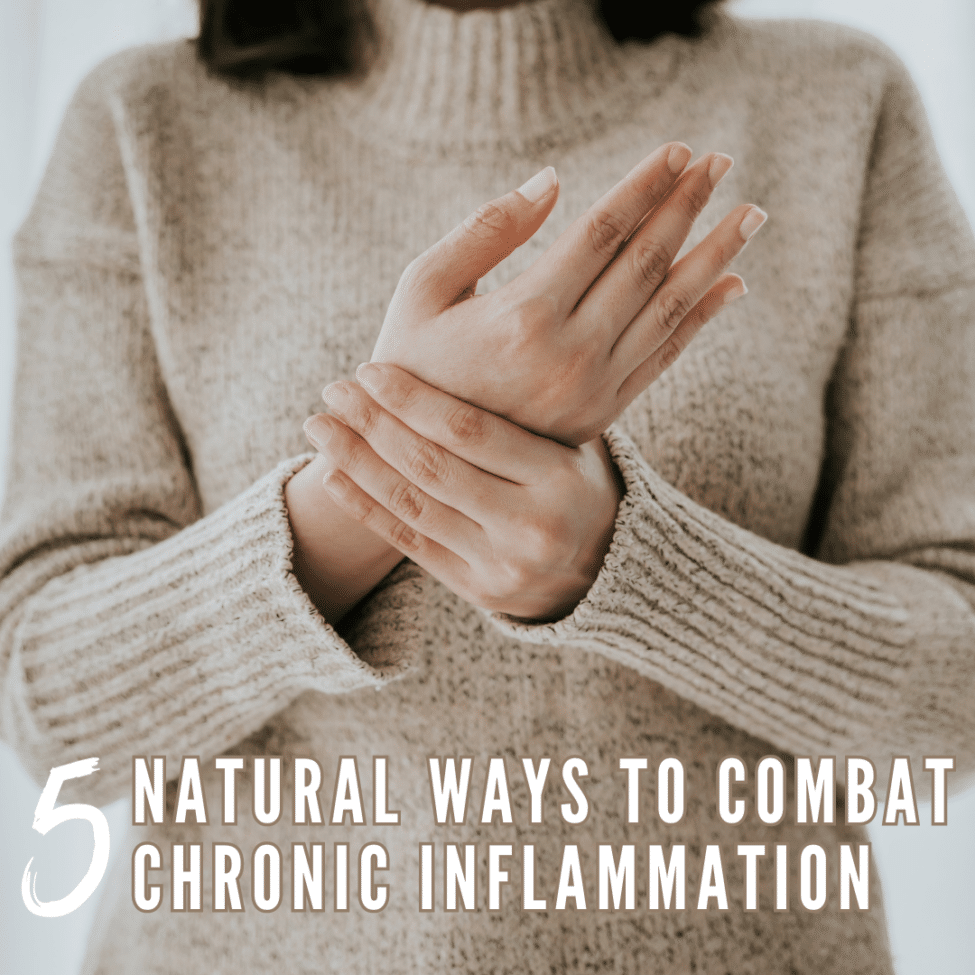by Dr. Katie DiNello, ND
What is inflammation?
Inflammation is a normal immune and metabolic response to local traumas, stressors, and pathogens. When the body is exposed to a stressor – such as the common cold – immune cells get activated and release small molecules called cytokines, that create inflammation.
How do we measure inflammation?
There are several ways to measure inflammation. In the blood, we can look at C-reactive protein, fibrinogen, erythrocyte sedimentation rate, antinuclear antibodies, and white blood cells. We can also look at inflammation in the gut with stool testing. One of the most common markers of inflammation is C-reactive protein, or CRP. The liver makes this protein in response to inflammation. A variation of CRP is high-sensitivity CRP or hsCRP. Many studies have shown hsCRP is a better predictor of heart attacks than cholesterol.
What causes elevated inflammatory markers?
Many things can cause CRP to increase, including the flu or common cold, an autoimmune disease, leaky gut, poor sleep, or even running a marathon. Anything that puts stress on your body can increase your inflammatory markers. The higher your CRP level, the more inflammation you have. CRP is a marker of general inflammation, so when it’s elevated, we often need to dig deeper to find out where the inflammation is coming from.
What are signs that you may have inflammation?
Sometimes inflammation is noticeable as muscle aches, joint pains, allergic symptoms, rashes, or fatigue. Other times, it’s more difficult to feel unless we test for it. Anytime our bodies are dysregulated, there is likely some level of inflammation. For example, a sign of inflammation in the reproductive system may manifest as painful periods or difficulty trying to conceive. Neurological inflammation may be in the form of frequent headaches or migraines, and GI inflammation may look like constipation, diarrhea, stomach aches, or reflux. Hives, eczema, and rashes are also a sign of inflammation.
How do we lower inflammation?
First and foremost, talk to your provider about having your inflammation levels tested. Based on your specific symptoms and needs, we can do individualized testing to best assess where your inflammation is coming from. These results will guide our treatment plans, which will likely include a variety of lifestyle changes, herbs, nutraceuticals, and body work to help lower these levels. The best part of naturopathic medicine is the ability to make very individualized assessments and treatments!
How do we prevent inflammation?
Here are my favorite ways to both lower and prevent inflammation:
- Prioritize great sleep. Focus on regular sleep and wake times and avoid screens at least 1 hour before bed. Ensure your room is dark and cool.
- Natural morning sunlight. When you wake up, open those curtains for natural light to help regulate cortisol levels and your circadian rhythm.
- Regular exercise. As we mentioned earlier, intense endurance exercise can temporarily increase CRP levels. Find a balance between movement that increases your heart rate, challenges your cardiovascular system, and builds muscle but doesn’t create an excessive amount of stress for your body. You want an exercise routine that is sustainable with 1-2 active rest days per week.
- Diet is everything when it comes to both treating and preventing inflammation. Your diet should be rich in anti-inflammatory foods and low in more inflammatory foods. Incorporate plants, which are rich in antioxidants. These compounds help fight inflammation. Plants also have great fiber, which helps bind and eliminate toxins that cause inflammation and help diversify your microbiome. Other great sources of fiber include beans and legumes. Eat foods high in omega fatty acids like fatty fish (salmon, mackerel, sardines), chia seeds, and flax seeds or oil. Omega fatty acids are super anti-inflammatory. Bonus, we can measure your omega levels in your blood! Work on eliminating inflammatory foods like hydrogenated oils, trans-fatty acids, alcohol, and simple/refined sugars. Use anti-inflammatory herbs and spices daily like turmeric, rosemary, onion, and garlic.
- Reduce environmental exposures. Choose clean brands of household cleaners and avoid personal care products with phthalates and fragrances. Switch plastic Tupperware to glass and avoid microwaving food in plastic. Use the EWG’s Skin Deep app to help find clean products.

